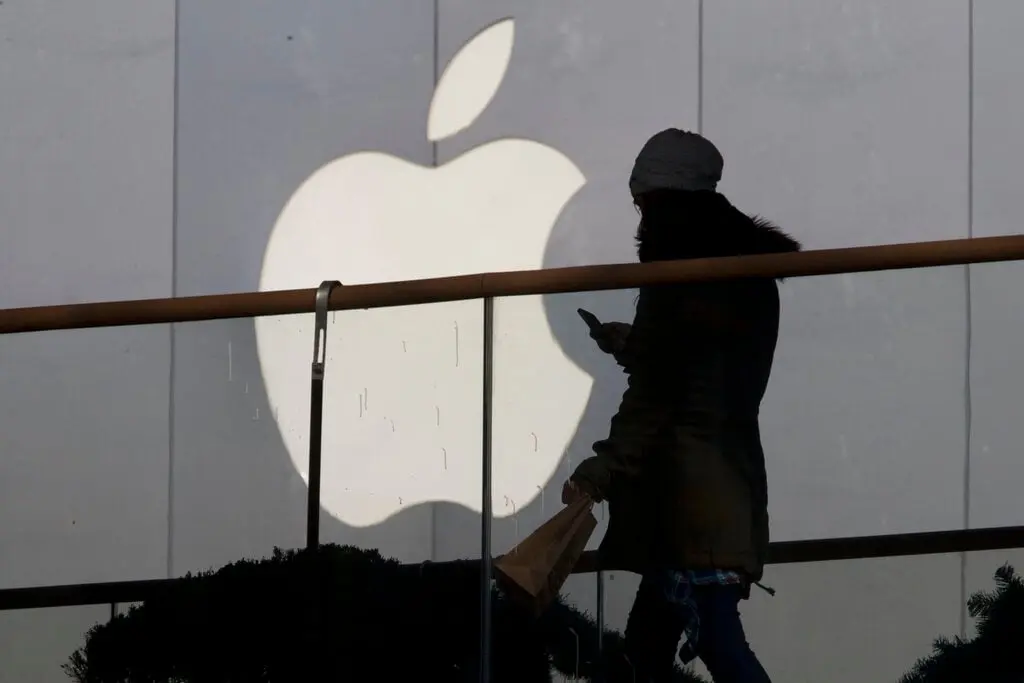Alibaba has secured a major deal with Apple to power iPhones in China with its artificial intelligence (AI) technology. This partnership strengthens Alibaba’s position in the AI market and helps Apple compete with Chinese smartphone brands.
Joe Tsai, Alibaba’s chairman, confirmed the deal at the World Government Summit in Dubai. He revealed that Apple explored multiple AI providers, including Baidu, ByteDance, and Tencent, before selecting Alibaba.
This agreement marks a significant step for both companies. Apple has been struggling with declining iPhone sales in China, while Alibaba has been making strides in AI development.
Why This Deal Matters
Apple’s iPhones outside China rely on Apple Intelligence and OpenAI’s ChatGPT for AI features. However, in China, strict regulations require AI models to be locally approved. Alibaba’s AI has met regulatory requirements, making it the perfect choice for Apple.
For Alibaba, this partnership is a massive win. The company’s AI advancements have been gaining attention, especially after the launch of its Qwen 2.5 model. This model outperformed DeepSeek-V3, a low-cost but powerful AI competitor.
Apple’s Struggles in China
Apple has been losing market share in China. In 2024, it dropped to the third spot among smartphone brands, with sales falling by 17%. Chinese companies like Vivo and Huawei have surged ahead by offering better AI-powered features.
Apple’s decision to integrate Alibaba’s AI is a strategic move to regain its competitive edge. AI features have become essential in modern smartphones, and Apple needed to close the gap.
Impact on Alibaba’s Stock
Following the announcement, Alibaba’s stock price soared by 9.2% before settling. The company has already seen a 40% rise in stock value this year. Investors are optimistic about its AI prospects, especially in a market where AI advancements are highly valued.
This partnership is a win-win situation. Apple gets much-needed AI support for its iPhones in China, and Alibaba strengthens its position as a leading AI provider. As the AI race heats up, this collaboration could shape the future of smartphones in China.






